Counselor Gibbons shares when it’s time to seek therapy
‘Just because a situation is stressful doesn’t mean you have to be stressed.’
When it comes to mental health therapy, “We’ve come a long way, but we still have a long way to go in destigmatizing it,” says Tamara Gibbons.
Gibbons is a Licensed Associate …

You must be a member to read this story.
Join our family of readers for as little as $5 per month and support local, unbiased journalism.
Already a member? Log in to continue. Otherwise, follow the link below to join.
Please log in to continue |
Counselor Gibbons shares when it’s time to seek therapy
‘Just because a situation is stressful doesn’t mean you have to be stressed.’
When it comes to mental health therapy, “We’ve come a long way, but we still have a long way to go in destigmatizing it,” says Tamara Gibbons.
Gibbons is a Licensed Associate Counselor of Mental Health in Delaware and a National Certified Counselor. As the founder of Coast Counseling & Healing in Milford, she helps people process and manage stressful feelings when life becomes overwhelming: anxiety, depression, post-traumatic stress reactions, work/life balance, boundary setting and relational difficulties.
“I love working with individuals that are in high stress occupations, life transitions, or in search of something greater than themselves,” she shared on the Coast Counseling website.
Here, Gibbons talks about the changing perceptions of therapy, when people should seek counseling, her wellness workshops in Milford and more.
Answers have been edited for clarity and length.
Q: How did you get into mental health work?
TG: “I was always fascinated by human behavior and mental processes. I was the ‘why’ kid: ‘why did you do that, what did you think about that?’ People have always fascinated me. … My practice began virtually around 2020. I’ve been in Milford a little over a year.”
Q: What specifically is psychotherapy?
TG: “Psychotherapy—we also call it ‘therapy.’ I would say it’s a combination of treatment models that help to identify a person’s strengths, help to identify personal skills—and lack thereof. So, we’re changing troubling emotions, thoughts, cognitions. [The timeframe] can be short-term or long-term. The goal is to move toward growth, whether in communication, heathier lifestyle, increased happiness or coping skills to deal with daily stressors. Just because a situation is stressful doesn’t mean you have to be stressed.”
Q: Why do people call you?
TG: “Sometimes they just feel overwhelmed but they don’t know why. Sometimes we paint the idea that if you got into a certain school, or have a certain job, or live in a certain neighborhood, you have it all together and you should feel like you have it all together—but that’s just not the case.
“I don’t think everyone has anxiety, but there are definitely moments where things feel like they are beyond our threshold and what we can handle. [When our regular coping mechanisms don’t work as they used to, that’s when someone needs a therapist.] There don’t have to be big experiential themes that bring you to therapy. Maybe you want to develop better communication skills, build those better relationships, or gain better sense of who you are.”
Q: Do have any particular focus or specialty?
TG: “I see a range of individuals, from kids to, I think my oldest was 74. Usually what I treat are mood disorders, depression, anxiety, bipolar mood disorder, and things we take for granted, like decision fatigue.
“If I can’t treat you, I have a whole networks of clinicians, psychologists, primary care providers—so in one way or another, we’re going to get you in the right direction.”
Q: You meet with people for one-on-one sessions, either virtually, in person or hybrid?
TG: “That was the beautiful thing that came out of COVID, if there was something good—we started to approach therapy and access to health care in a way that was accessible to everyone. You can meet in person, come to the studio and engage me that way. Or if it works better for your schedule or comfort of your home, you can pull up your device, and we can meet that way.”
Q: Do you have a preference?
TG: “My preference is in person. There’s an energy when you meet with someone in a space and can tune out the real world. I try to create a space that feels Zen-like and nurturing. Even though we subscribe to the medical model of care, I don’t want someone to walk in and feel like ‘something’s wrong with me’ [but] the ultimate goal is to make sure the client’s comfortable and in a space that feels open to their vulnerability.”
Q: You subscribe to a “medical model of care.” What does that mean?
TG: “Therapy’s come a long way. When I talk of a medical model, traditionally we think of western medicine, doctors, symptoms and assigning medicines. Now it’s more of a holistic approach. We’re not just treating symptoms. We’re looking at different treatments of care—not just symptoms, but the whole person.
“We’ve come such a long way [in psychotherapy]. It doesn’t just look like Freud, lying on a couch being analyzed. We’re making care so individualized. We’re still subscribing to a level of care that is standardized.”
Q: What is the process if someone calls you for service?
TG: “The first thing we do is set up a free consultation. They’re normally 10 to 15 minutes, and that’s an opportunity for the client to vet [me]. It gives them an opportunity to see if you’re someone who gets what you’re saying, has experience in your situation. [Therapy] is a relationship, and it’s built on trust.”
Q: What should people consider when hiring a therapist?
TG: “I encourage you to call around and interview people. Ask about the clinician, ask about their credentials, how they’ve treated others, types of clients, things like that.
For recommendations, there are lots of directories. But I would start with people you trust, then move to your primary care physician. They generally are connected to clinicians.”
Q: You have a peaceful-looking office. Do you also host wellness classes there?
TG: “I organize them. I wanted to partner with different alternative healers in the community, like yogis, and offer workshops at a reputable place. [Past workshops have included Buti Yoga, perimenopause and post-menopause, restorative yoga and breath work.]
“I take a lot of pride in my education and the work I do in the community because people mean a lot to me, and I want to partner with people who believe in evidence-based research and back it up.”
Q: What else fills your life?
TG: “I spend a lot of time doing this! But when you do what you love, it doesn’t feel like work.
“I also volunteer—I’m of the mind you do it and show up and don’t brag about it. You roll up your sleeves and do it. I work with teenage girls of color, I get my family involved in cleaning up the community, helping out with the homeless shelter.
Q: What else should people know?
TG: “It doesn’t matter how things have been, they can always be different. There are resources out there, and I would highly encourage anyone that has been contemplating reaching out to try to calm a little bit of the noise—and reach out.”
Q: What excites you, looking forward?
TG: “When clients show up. And it’s not for me they’re showing up for. They’re meeting me, but they’re showing up for them.”
Coast Counseling & Healing is located at 401 S. DuPont Blvd., Milford, Del. For more information, call (302) 515-6939 or visit www.coastcounselingandhealing.com.

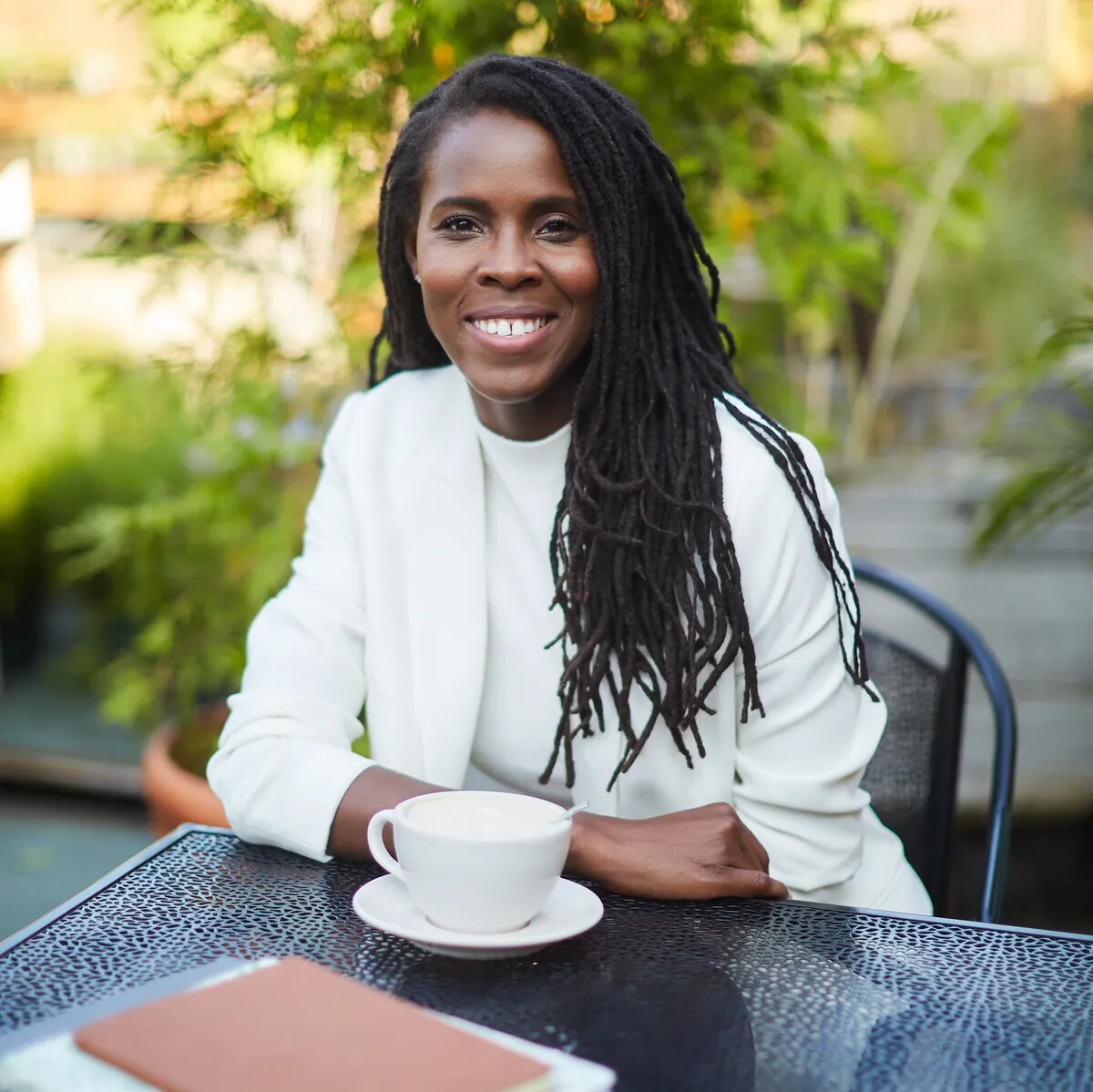
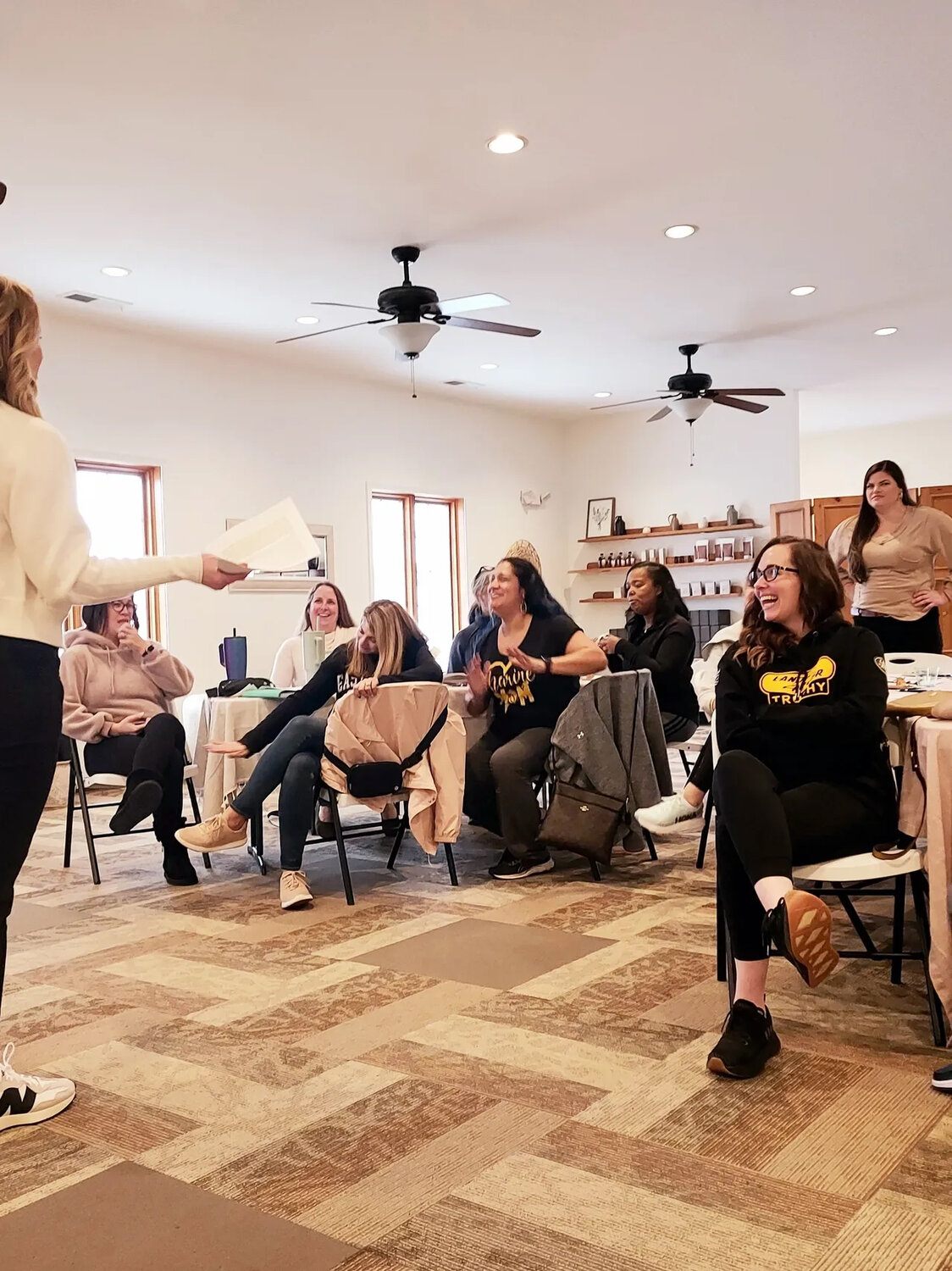
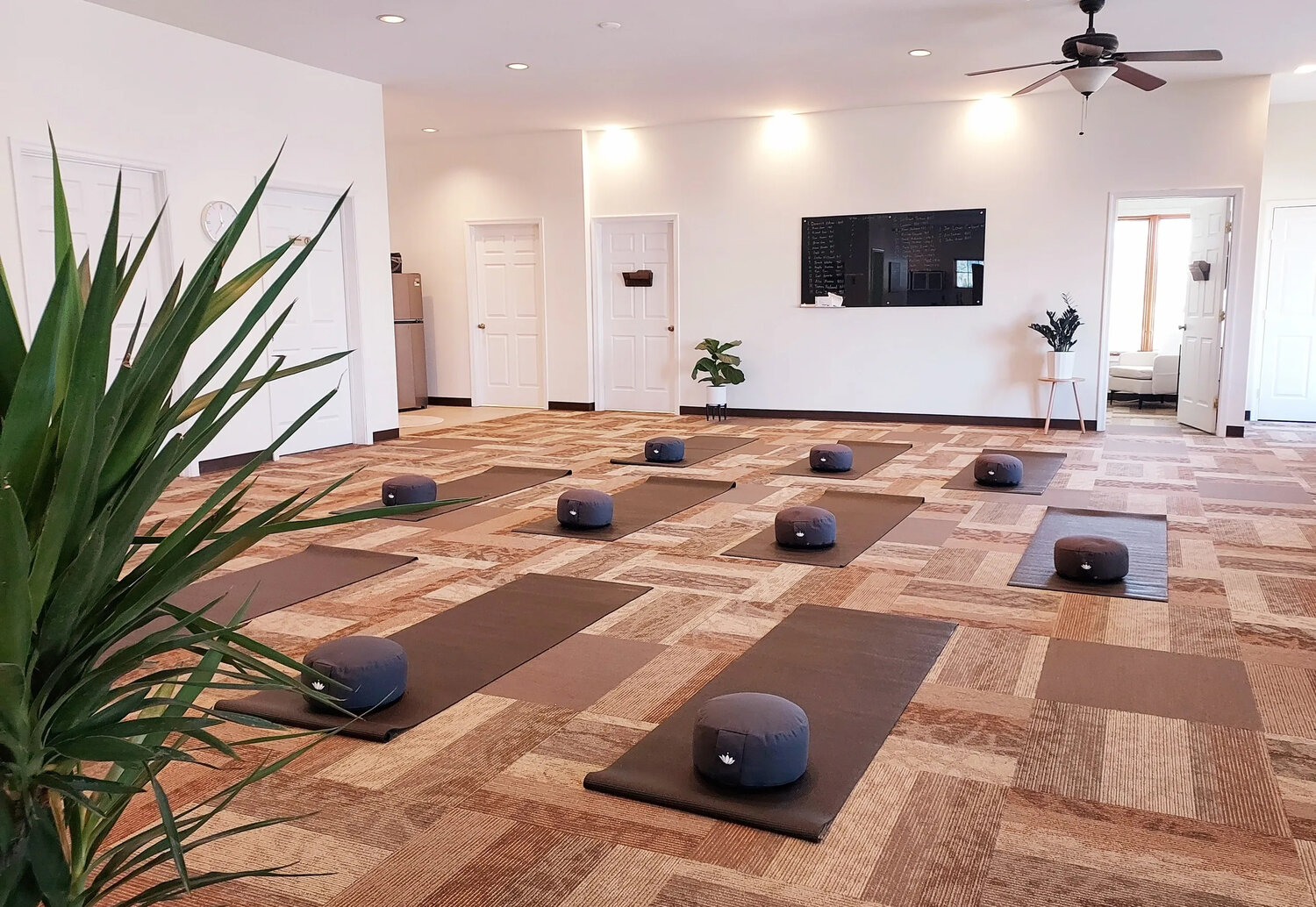
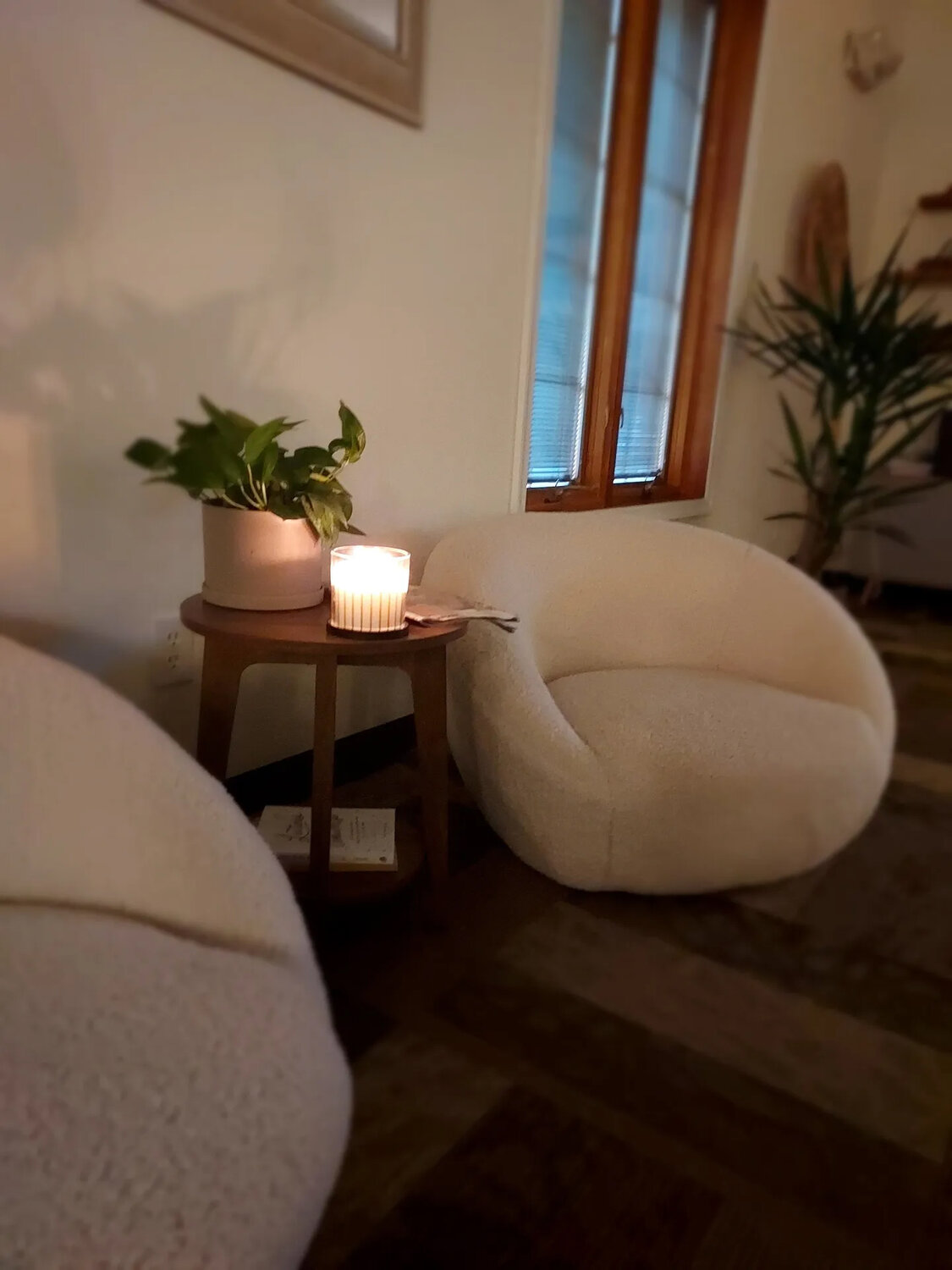




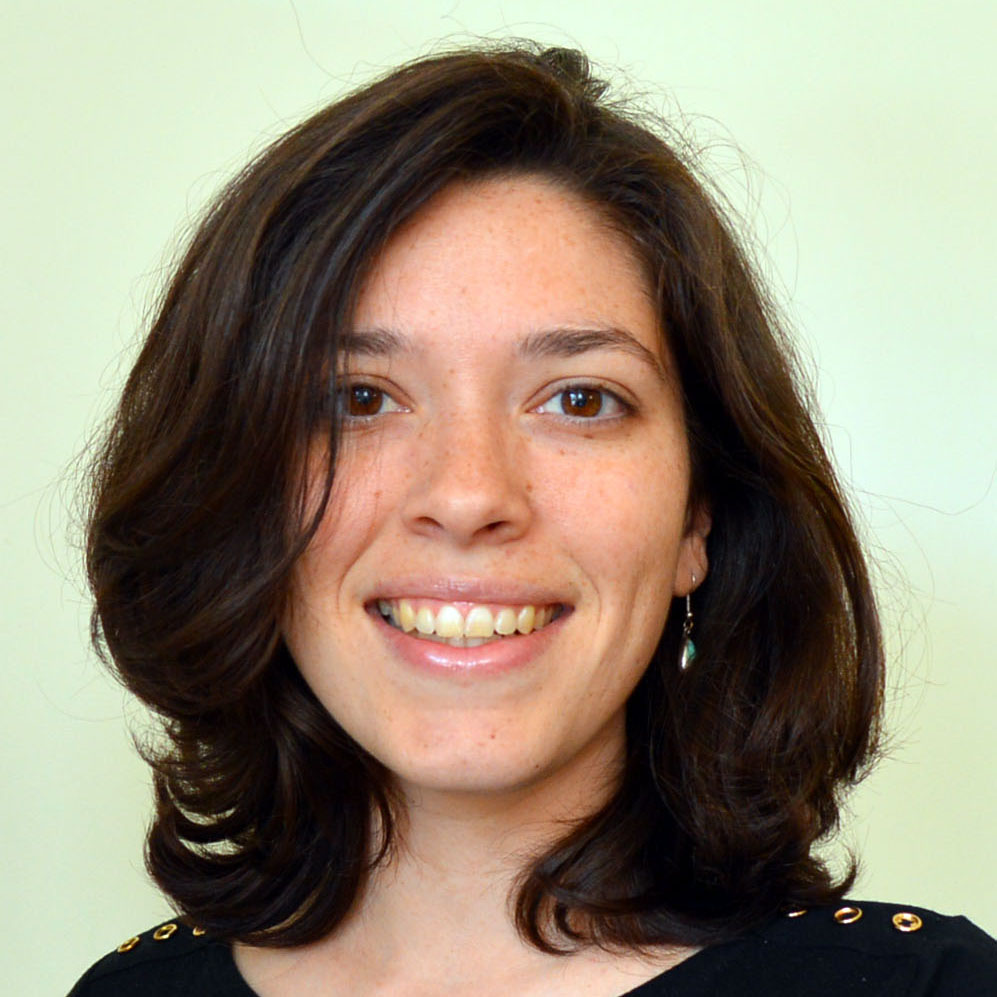 By Laura Walter
By Laura Walter



